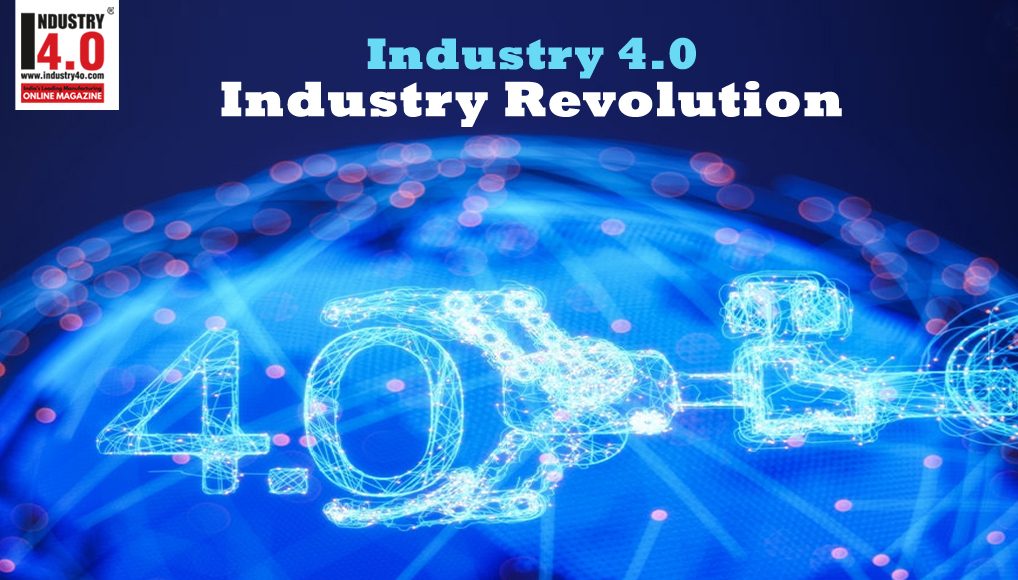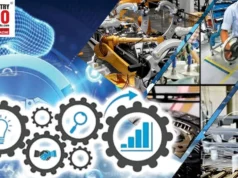INDUSTRY 4.0 – The Shift.
Industry 4.0, also known as the fourth industrial revolution, is a term used to describe the combination of digital and physical technologies, such as the internet of things (IoT), robotics, artificial intelligence, and cloud computing, to create smarter systems that can operate more efficiently and help businesses and industries become more productive.
The need for Industry 4.0 comes from the increased demand for automation, mass customization, and efficiency. The traditional manufacturing process, which was based on mass production, is no longer adequate for meeting current market demands. With Industry 4.0, manufacturers can modify their production lines to meet specific customer requirements while still maintaining high levels of productivity. The goal is to create smarter factories that can function with little human intervention while still producing high-quality products at a faster rate.
Some of the key technologies that are transforming industries with Industry4.0 include:
Internet of Things (IoT):

IoT is the concept of connecting everyday devices to the internet, allowing them to communicate with each other and share information. In Industry 4.0, IoT sensors can be used to monitor manufacturing equipment and products, enabling real-time data analysis to improve the efficiency of the manufacturing process.
Artificial Intelligence (AI):

AI is the use of algorithms and machine learning to simulate human intelligence. In Industry4.0, AI can be used to analyze large amounts of data generated by sensors and other devices to make predictions and take action based on that data.
Robotics:

Robotics is the development of robots to perform tasks that would otherwise require human intervention. In smart factories, robots can help to improve manufacturing efficiency while ensuring consistent quality.
Cloud Computing:

Cloud computing is the delivery of computing services, including storage, processing power, and applications, over the internet. With Industry 4.0, cloud computing can be used to connect devices and systems across the factory and supply chain, enabling real-time collaboration and analysis.
Industry 4.0 is not just about technology, however. It also requires a new way of thinking about business and collaboration.
Industry 4.0 requires a more collaborative relationship between manufacturers and their customers to ensure that the products being produced meet their specific needs. It also requires a greater focus on skilled workers who can operate and maintain the digital systems that are powering these factories.
In conclusion, Industry 4.0 is a major shift in the way that manufacturing and other industries operate. By leveraging digital technologies such as IoT, AI, robotics, and cloud computing, businesses can create smarter, more efficient processes that result in higher-quality products and increased productivity. While implementing Industry 4.0 can be challenging and require significant investment, it has the potential to make a major impact on the future of industry.
Overall, the future of Industry 4.0 promises to be one of increased efficiency and innovation. As businesses cont inue to adopt advanced technologies, we can expect to see significant improvements in the quality and flexibility of manufacturing processes. The challenge for businesses will be to keep pace with the rapid advancements in technology and find ways to stay ahead of the curve.
About the Author :

Mr. Gulshan Kumaar Rohilla
Senior Associate – PwC India
Mr. Gulshan Kumaar Rohilla can be Contacted at :












